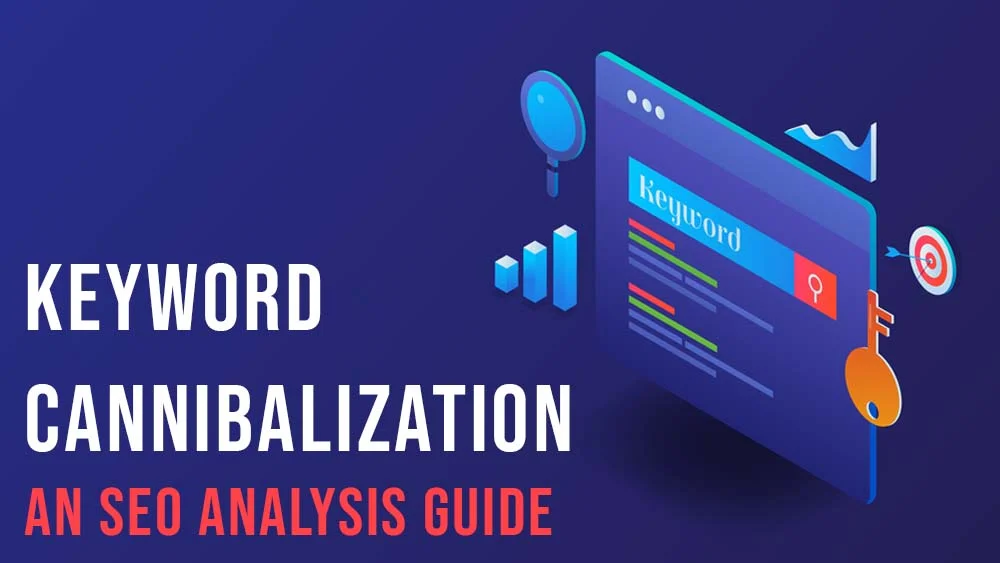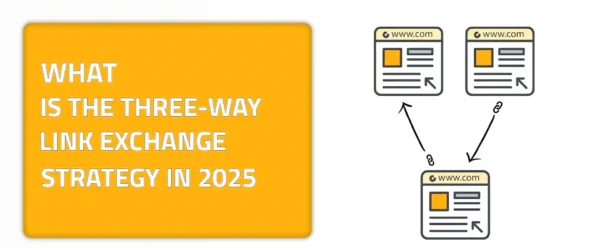I know that the title may sound gory enough for you to either complete reading this piece out of curiosity or simply exit this blog article. However, I didn’t make up this name, I assure you, this is simply one of the things that fancy SEO specialists like to call it that way. Aside from the name, keyword cannibalization is something that is of the essence that you should be aware of and understand that it might actually harm your SEO.
Delve deep with me on this article topic in order to understand the importance and reason behind keyword cannibalization. Additionally, know how it harms your SEO and how you can avoid it in an efficient way. In this guide, we will discover ways that can help you identify this process, learn how to avoid it, and change it to something positive that will help your SEO rankings.
Keyword Cannibalization: A Quick Overview of What It Is
Keyword cannibalization in SEO is like a plot twist straight out of “Hannibal,” where instead of eating brains, your website devours its own SEO potential. Picture this: You’ve meticulously crafted content for your website, with each page targeting specific keywords to attract search engine traffic. But uh-oh, here lies the Will Graham encephalitis problem. It’s when multiple pages on your site compete for the same keyword, confusing search engines and diluting your ranking power. Leaving you with some crap outcomes that will affect your website negatively.
I would tell you to imagine Hannibal Lecter battling his own hunger for brains. However, I am scared that you might run the other way for the not-a-pretty-sight imagery. Similarly, when your pages use or opt for the same keyword, it confuses search engines. Something that makes it harder for them to determine which page to rank for that keyword.
This can lead to lower rankings overall, impacting your site’s visibility and traffic. Something that you or any website owner wouldn’t want or wish to experience. Below, we will uncover the impact that keyword cannibalization has on websites for you to have a full understanding of it all. But first, let me tell you when and why it could occur and how to identify keyword cannibalization.
Keyword Cannibalization: When Can It Occur and How to Identify It?
Keyword cannibalization can rear its head in various scenarios across a website. One common occurrence is when multiple pages target the same keyword or keyword phrase unintentionally. This often transpires due to overlapping content or a lack of strategic keyword planning. Identifying keyword cannibalization involves a thorough analysis of your website’s content and keyword targeting. Keep an eye out for situations in which numerous pages are ranking first for the same term.
You can also look at where different pages cover similar topics but use identical or closely related keywords. Additionally, pay attention to the variations in individual page rankings and overall organic traffic. Tools like Google Analytics and SEO platforms can assist in pinpointing cannibalization issues by providing insights into keyword performance and page-level data. By detecting and addressing these instances promptly, you can prevent cannibalization from undermining your SEO efforts and improve your website’s overall search visibility.
Keyword Cannibalization: The Impact on Your Website Rankings
Keyword cannibalization has a deep impact that could affect your website when it occurs. It can happen when you do any of the following:
- Publish content that is similar or comparable over the course of time.
- Establish a variety of routes leading to the same product category.
- When you tend to ignore that, you should optimize complementary pages for the same keyword.
- When you forget that subcategory pages should not be optimized.
- When you create a new version of a page and publish it without rerouting the previous version.
However, with this being said, that only means that the use of the same phrase on several sites is only one of the many causes of keyword cannibalization in search engine optimization. In cases where the search intent varies, it is possible to target a keyword across various sites.
How to Prevent Keyword Cannibalization? The Million-Dollar Question
Your golden ticket for this question is a strategy for your keyword insertion, filtration, and choice. What do I mean by that? Let me elaborate. I don’t know if you have watched Hannibal the series or not; however, Mads Mikkelsen, the actor who plays Hannibal Lecter, was asked to shoot his “cooking” scenes in a strategic and aesthetic culinary masterpiece style. Not that you wouldn’t feel comfortable watching them; however, the strategy is what I want you to focus on.
I want you to begin by conducting a meticulous and carefully detailed audit of your website’s content. This will help you identify any instances where pages compete for the same keyword. Next, implement a structured approach to content creation and optimization, ensuring each page targets unique keywords or covers distinct aspects of a topic. Moreover, I want you to embrace the art of internal linking. This step will help you guide search engines and users to the most relevant content with ease, a bit similar to Hannibal’s meticulous attention to detail while cooking. Apologies for the cannibalistic references, dear reader.
Fixing Keyword Cannibalization: A Whole Different Process
While preventing keyword cannibalization focuses on preventing conflicts like these from occurring in the first place, fixing it also includes dealing with actual and current cases when numerous pages on your website compete for the same keyword or phrase.
Prioritize the pages that need to be optimized or consolidated when identifying the impacted pages in order to address keyword cannibalization. This might include rewriting content, rearranging internal links and navigation on your website, or even using 301 redirects to combine related content onto a single, authoritative page. You should also keep an eye on how these modifications are affecting the organic traffic and search engine rankings of your website, and you should make any additional adjustments required to address the cannibalization problem.
However, a proactive strategy for content generation and optimization is necessary to prevent keyword cannibalization. This entails creating a thorough keyword strategy that prioritizes relevance and diversity. Your strategy should include researching keywords extensively for every page and putting organized content planning into practice. That is, to make sure every piece of content has a specific function and targets different keywords. The risk of term cannibalization in the future can be reduced by implementing explicit policies and procedures for content generation and optimization.
Can Keyword Cannibalization Reduce Click-Through Rate and Traffic?
The answer is a clear and big yes; it can. That is because keyword “cannibalism” was simply named that way as it describes how you “eat yourself.” It is all about consuming your own click-through rate and ranking level. When you compete with yourself in search results, it can hurt your click-through rate and traffic because it simply makes people confused. They might see several pages competing for the same search question and not know which to choose.
If they are sent to the wrong page, they might go back to the search engine. This situation can also hurt your conversion rate and user experience because it doesn’t match your audience’s search purpose and expectations. People may get frustrated and unhappy when they can’t find the information or answer they need among content that is repetitive or doesn’t apply to them.
The Relationship Between Link Equity and Keyword Cannibalization
Keyword cannibalization has the potential to divide up link equity. That is, through the process of delivering signals of authority and importance to several pages that are all trying for the same term. It is possible for each page to receive backlinks on its own when multiple pages compete for the same keyword.
When it comes to a single page, this is something that reduces the impact that inbound links have on the full page. Now, the link equity, which refers to the value that external links bring to your website, is divided across these pages that are competing with one another. Because of this, the likelihood of each link contributing to the elevation of its own page is reduced.
It is possible that search engines will be unable to locate the page on your website that is the most authoritative to rank for a certain term if the link equity on your website is dispersed. The overall authority and visibility of your website may suffer as a result of this.
Wrapping It Up!
So far, we’ve discussed all there is to understand about keyword cannibalization and the relationship it has with SEO. We’ve covered the impact it has on website rankings, how to prevent and fix it, how to identify it, and finally, how it affects your click-through rate, traffic, and link equity.
With that being said, let me talk to you a little about linkexchange.ai. This is one website that will help you broaden your link-insertion process and provide you with the right services that will help you boost your SEO rankings. Check it out and don’t miss out on leading your website to ultimate success.











